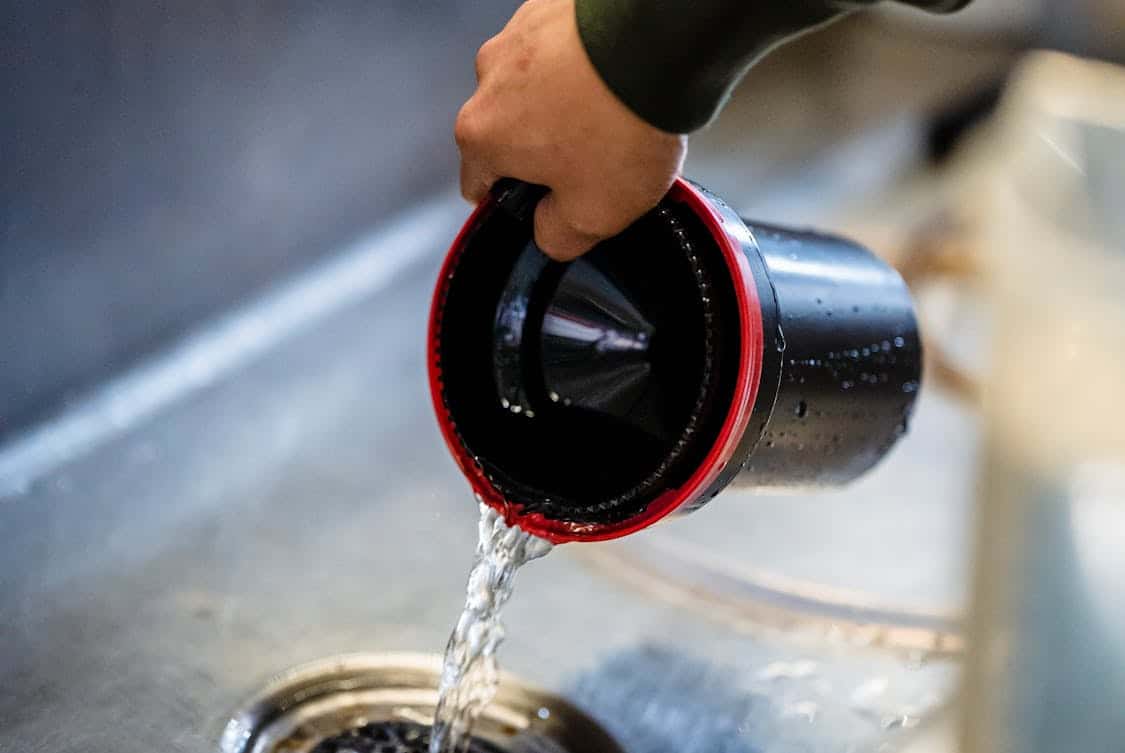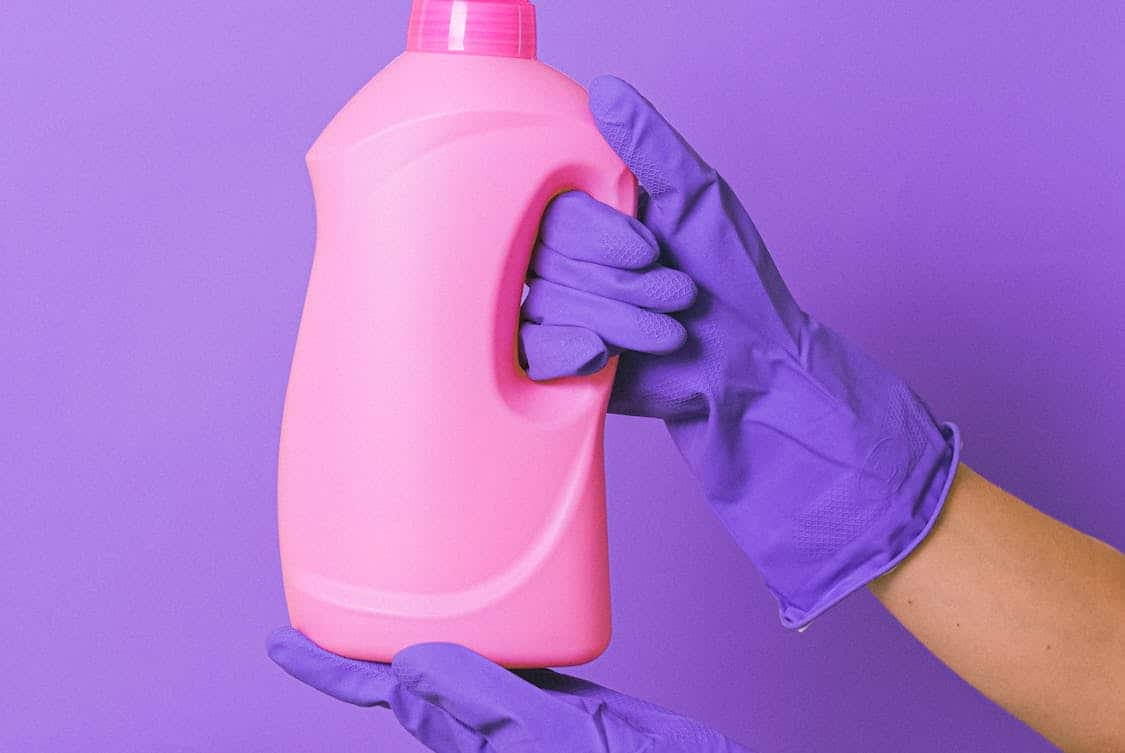When it comes to unclogging drains, homeowners often find themselves at a crossroads: should they reach for a chemical drain cleaner or opt for a natural alternative? Both options have their strengths and weaknesses, and understanding these can help make an informed decision.
The Appeal of Chemical Drain Cleaners
Chemical drain cleaners are a popular choice for many. Their effectiveness is immediate. A few swigs of a potent formula can break down stubborn clogs within minutes.
This efficiency is a major selling point, especially in a fast-paced environment where time is of the essence.
Quick and Potent Action
Typically, chemical cleaners contain strong agents like sodium hydroxide or sulfuric acid. These compounds work by generating heat and breaking down organic matter.
For blockages caused by hair, grease, or soap scum, these products tend to do the trick. One pour down the drain, and you might just see the water start flowing again.
Cost-Effective Solutions
On top of their effectiveness, chemical drain cleaners are often more affordable than their natural counterparts. A bottle of chemical cleaner can usually be found in local stores for a reasonable price.
This cost-effectiveness makes them appealing to those who may not want to invest heavily in more eco-friendly options.
Availability and Convenience
Chemical drain cleaners are widely available. Whether at a grocery store or online, these products are easy to find. This accessibility makes them a go-to choice for many individuals facing a drain emergency.
The Downsides of Chemical Cleaners
While chemical drain cleaners have their advantages, they also come with several notable drawbacks. Understanding these factors is essential for making a well-rounded choice.
Environmental Concerns
One significant downside of chemical cleaners is their environmental impact. Many of the ingredients found in these products can be harmful to aquatic life and ecosystems.
When poured down the drain, these chemicals can make their way into rivers and oceans, causing potential harm.
Potential Damage to Plumbing
Another issue is the risk of damaging plumbing. Over time, the caustic nature of these cleaners can erode pipes, leading to leaks and costly repairs. Older plumbing systems, in particular, may not withstand the harsh nature of these solutions.
Health Risks
Handling chemical cleaners can pose health risks as well. Many contain harmful fumes that can irritate the eyes, skin, and respiratory system.
Safety precautions, such as wearing gloves and ensuring proper ventilation, are essential when using these products. Even with precautions, accidents can happen, leading to potential injuries.
The Appeal of Natural Drain Cleaners

With growing awareness of environmental issues, natural drain cleaners have gained popularity. These alternatives often use ingredients like baking soda, vinegar, or enzymes that are more environmentally friendly.
For those looking for a safer, eco-friendly solution, a natural drain cleaner can help keep your pipes clear without the harsh chemicals found in traditional options.
Environmentally Friendly
One of the main benefits of natural drain cleaners is their eco-friendly nature. They typically consist of biodegradable ingredients that break down naturally in the environment. For those concerned about their ecological footprint, these options present a safer choice.
Gentle on Pipes
Natural cleaners are generally less corrosive than their chemical counterparts. This gentleness helps protect plumbing systems, especially older pipes that might be more vulnerable to damage. Using these solutions can contribute to the longevity of plumbing fixtures.
Non-Toxic Solutions
Many natural cleaners are safe to handle and pose fewer health risks. Ingredients like baking soda and vinegar are common household items that don’t require extensive safety precautions. This safety aspect makes natural cleaners appealing for families with children or pets.
The Downsides of Natural Cleaners
Despite their benefits, natural drain cleaners also have limitations that should be considered. They are not a one-size-fits-all solution for every clog.
Slower Results
One drawback is that natural cleaners typically take longer to work. Unlike chemical cleaners that can offer quick relief, natural solutions often require a waiting period to see results. This delay can be frustrating for those needing immediate fixes.
Limited Effectiveness
Natural cleaners may not be as effective on tough clogs. While they can handle minor blockages and regular maintenance, they might struggle with more serious obstructions. In some cases, multiple applications may be necessary, potentially leading to time wasted.
Availability
While natural cleaners have become more popular, they are not always as readily available as chemical options. Some specialty products may require a trip to a health food store or online shopping, which can be inconvenient for those in a hurry.
When to Choose Chemical Cleaners
There are scenarios where chemical cleaners may be the preferable option. For instance, if faced with a severe blockage that seems impervious to other methods, a chemical solution could be the best bet. Their fast action can provide immediate relief when time is of the essence.
Emergency Situations
In emergencies where a drain is completely clogged, reaching for a chemical cleaner can be a quick fix. This is especially true for stubborn clogs in kitchen sinks or bathroom drains where immediate access to water is needed.
Heavy-Duty Cleaning
If you’re dealing with a particularly tough blockage, such as tree roots or large buildups of grease, chemical cleaners can cut through that grime. They are designed to tackle serious issues that may overwhelm natural solutions.
When to Opt for Natural Cleaners
On the other hand, natural drain cleaners shine in everyday maintenance and situations that require a gentler touch. These products are ideal for regular upkeep, helping to prevent clogs before they become an issue.
Routine Maintenance
Using natural cleaners periodically can help keep drains clear and functioning well. Regular applications can minimize the likelihood of blockages, saving time and money in the long run.
Family-Friendly Solutions
For households with children or pets, natural cleaners provide a safer option. With fewer health risks involved, parents can clean without worrying about exposing their loved ones to harsh chemicals.
Environmentally-Conscious Choice
Individuals committed to sustainability will likely prefer natural alternatives. The eco-friendly nature of these solutions aligns with a desire to minimize harm to the environment.
Finding Balance
In the ongoing debate of chemical versus natural drain cleaners, there isn’t a clear winner. The best choice often depends on individual circumstances. Weighing the pros and cons of each type can help cater to personal needs, whether that means a quick fix or a gentler, more sustainable approach.
Mixing Methods
Interestingly, some people find success in combining both methods. Using natural cleaners for routine maintenance, while reserving chemical options for emergencies, allows for a balanced approach that meets different needs.
Personal Preferences
Ultimately, the decision often boils down to personal preferences and values. Some prioritize speed and efficiency, while others emphasize environmental concerns and safety.
Understanding the landscape of options available can lead to a more informed and satisfying choice, tailored to individual situations.





